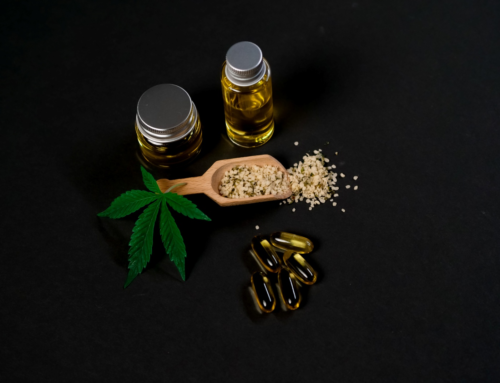It is one of the goals of our organization to keep abreast of all the latest developments in the medical marijuana industry as best possible. Doing so requires frequent dialogue with others involved with medical marijuana and learning of their travels at home and abroad. Time and time again, I keep hearing the same thing from people traveling through our nation’s capital; that a particular, unmistakable aroma often permeates the air. That smell is undoubtedly marijuana, and Washington, D.C. clearly reflects one of the more unique cases of marijuana legislation to-date.
In 2014, a voter-approved ballot initiative passed legalizing the possession (up to 2 ounces), cultivation (up to 6 plants) and gifting of a certain amount (1 ounce) of recreational cannabis but not the selling of it ¹. This moved Washington, D.C. from a medical marijuana realm to the start of a recreational locale. Recreational sales of marijuana were however prohibited a month after this passage by a clause put forth by Congress for a budget proposal limiting the city from using any funding to regulate recreational marijuana ². Recreational marijuana thereby became legal in many ways except for its sale. Therefore, a region which has no voting power in Congress, only an at-large delegate that does not having voting rights, was effectively stymied from pursuing a recreational sales system for marijuana as seen in states such as Colorado and Washington.
The frustration espoused by the current mainstay slogan adorning Washington, D.C. license plates, “no taxation without representation,” is for many echoed with the decision by Congress to prohibit the will of Washington’s residents on this subject while still subjecting them to all federal taxes and without full, unrestricted Congressional representation ³. This is a topic of contention as the point of view of Congress would parallel that of the federal government as a whole, that marijuana remains a Schedule I controlled substance pursuant to the Controlled Substances Act (CSA). Federal employees, of which the district has a very large percentage, are still entirely prohibited from using marijuana. Understandably, many in Congress and their respective constituents would probably not be fond of federal employees paid with taxpayer dollars using marijuana for other-than-medical reasons. It would also be quite the contradiction for the headquarters of our federal government to be simultaneously declaring marijuana outright illegal while allowing its recreational sale.
Of significant note, it must be pointed out that possession of marijuana is still completely illegal on federal property, which constitutes roughly a third of the city, and no one can legally smoke marijuana in public ⁴.
Do not expect anyone to openly be using marijuana on the steps of the Jefferson Memorial anytime soon!
DE O’Connell, MD
President & CEO
Paladin MD Services
References
- Garcia, M. (2017, July 30). D.C. Marijuana Market: Stuck In A Gray Zone. Retrieved August 15, 2017, from http://www.npr.org/2017/07/30/537324044/d-c-marijuana-market-stuck-in-a-gray-zone
- Images, A. W. (n.d.). Marijuana Is Now Legal in Washington, D.C. – So Why Is No One Acting Like It? Retrieved August 15, 2017, from http://nymag.com/daily/intelligencer/2015/12/washington-dc-americas-least-fun-pot-mecca.html
- Condon, S. (2013, January 15). After years of pressure, Obama limos to feature “Taxation Without Representation” plates. Retrieved August 15, 2017, from http://www.cbsnews.com/news/after-years-of-pressure-obama-limos-to-feature-taxation-without-representation-plates/
- Silber, M. (2017, July 03). It’s summer, and Washington smells like weed. Everywhere, all the time. Retrieved August 15, 2017, from https://www.washingtonpost.com/lifestyle/style/its-summer-and-washington-smells-like-weed-everywhere-all-the-time/2017/07/03/10d3461a-578a-11e7-b38e-35fd8e0c288f_story.html?utm_term=.cfbc74b4312d







Leave A Comment
You must be logged in to post a comment.